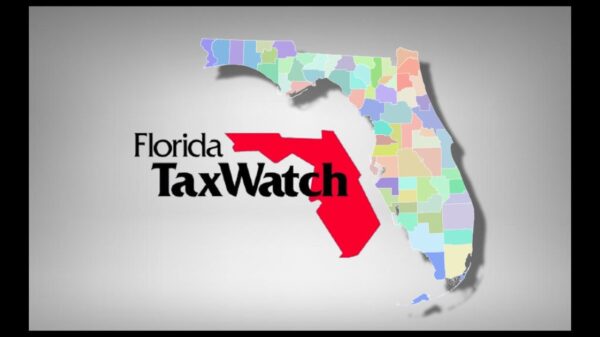Florida TaxWatch (FTW) released a briefing this week about the proposed “Florida Privacy Protection Act,” which recommends that policymakers analyze the unintentional costs that may accrue to smaller businesses and weigh them against the potential benefits to consumers from greater data privacy.
More than just affecting large technology firms, FTW noted that the proposal, which is being championed by state Sen. Jennifer Bradley, R-Orange Park, and state Rep. Cord Byrd, R-Neptune Beach, would affect companies across industries of varying size.
“Although the data privacy legislation would create economic value and privacy for consumers, many businesses and taxpayers are concerned about its expansive nature and unintended consequences. These include considerable costs to businesses to establish compliance. With that, this independent analysis simply provides the facts that can enable the legislation to target its intended audience without unintentionally hurting many small and mid-size Florida businesses and non-profit organizations,” said Florida TaxWatch President and CEO Dominic Calabro.
“Florida TaxWatch applied the same methodology the California Department of Finance used when they evaluated similar legislation filed there, and we found that initial costs of compliance, should this legislation pass, will average around $36.5 billion in aggregate costs across Florida’s economy, mostly on the backs of small and mid-sized businesses. The cost of ongoing compliance will add additional expenses, which could range from $301.2 million to as much as $9.7 billion over the next decade. Additionally, since Florida’s proposed legislation is more expansive than California’s law, the economic exposure to companies could be much higher given that Florida’s proposed changes are more inclusive and complicated than those in the California law. Accordingly, the possibility for civil liability action is also increased,” he continued.
“These compliance costs would disproportionately affect smaller businesses with fewer resources to comply, which is why Florida TaxWatch recommends state policymakers first conduct a formal economic impact analysis to study the possible effects of the law change and delay implementation beyond January 1, 2022 until more can be known,” Calabro said in conclusion.
The FTW briefing also provides analysis that these data privacy regulations may serve as a disincentive for companies to relocate to Florida, differential benefits to consumers largely based on income differences may introduce equity concerns, and that this may introduce a boon in private litigation, creating additional costs for companies and occupying more resources from courts.




















